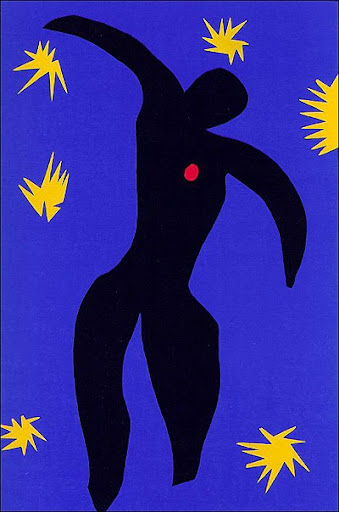obviously, other people are thinking on the same issues. i came across
edward winkleman's blog (the posting of thursday 26 june 2008, i cannot link to it directly), where he discusses a current forgery issue which tallies with my previous post.
it concerns works by -or not by- andy warhol, such as the work below:

andy warhol?, 315 johnsthe issue is also discussed in the
new york times of 26 june 2008.
the interesting thing these articles show is that intrinsic value of an art work seems to be considered completely derivational to who made it, generally without any questioning whatsoever as to whether this is a sound principle. by contrast winkleman runs an open thread on what makes an art work `good', and he is clearly thinking about art & quality somewhere along the same lines as the thread art & quality of this blog (he doesn't make a pagerank comparison though, which i believe to be a key issue).
would you -i mean seriously, would you really- believe there is such a thing as the
andy warhol art authentication board? it would lead one to not ever take the modern art world seriously again. perhaps unless an art work strikes you as inescapable, unless you are rooted to the ground, or you find yourself coming back to an art work either physically or in your mind over and over again.
i doubt that art works made by artists who produce works by the dozen a day will fall in the above category.
when an artist doesn't produce works as if every scribble, every scrap, every idea, every execution is brilliant deep art - in other words when an artist takes time, effort, mistakes, reworking etc. before releasing art to the world, then i think there will be much less need for an authentication board.
i have seen exhibitions of joseph beuys for instance, serious exhibitions mind you, where it seemed that the curators thought that every scrap of paper that the good man ever touched was transformed into breathtaking mindboggling art.
all the more is the pity, because in my eyes beuys was a very talented draughtsman...but how to find these wonderful drawings amidst all the nonsense? how difficult to fake/forge a beuys? well that depends on the work, but in general it should be extremely easy. just take any oily substance (wax, linseed oil, cooking oil, motor oil) smear it on an envelope, add some pencil, maybe a little ink/paint and you are done. the less you think about it, the more convincing. if you want to do a good job, study beuys' handwriting carefully, and add some mystifying terms. in german.


